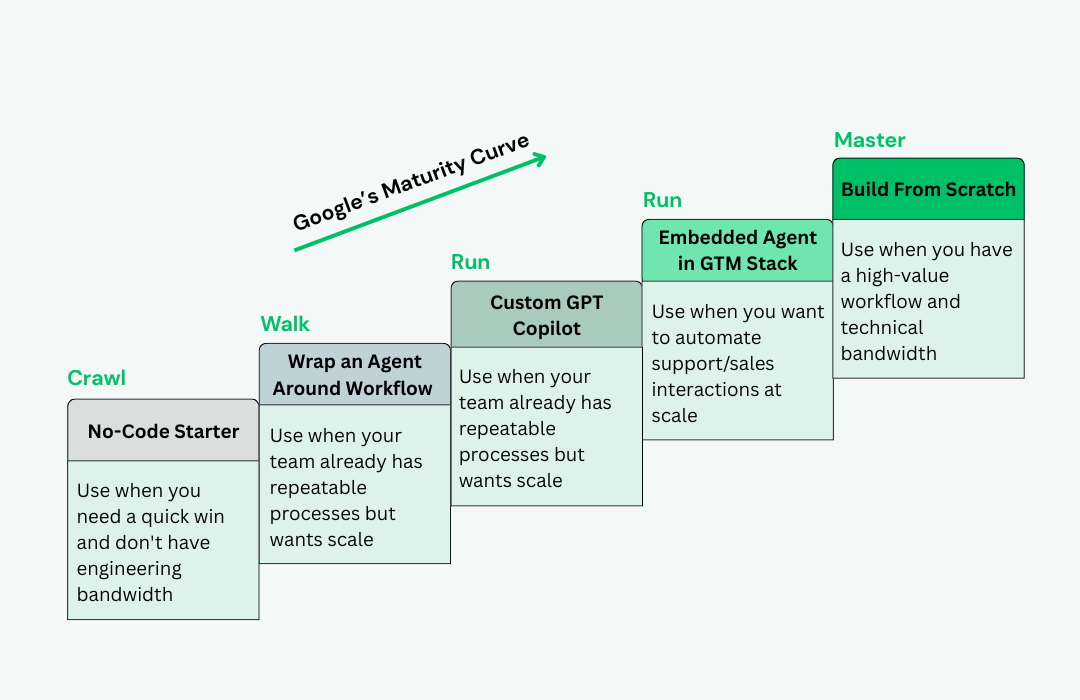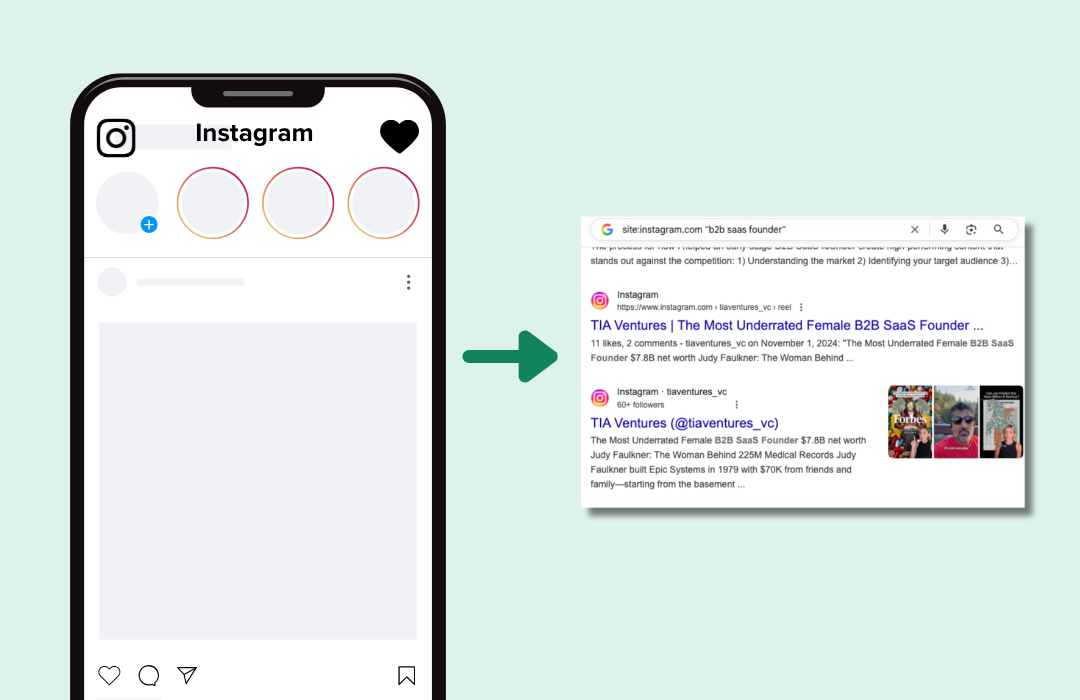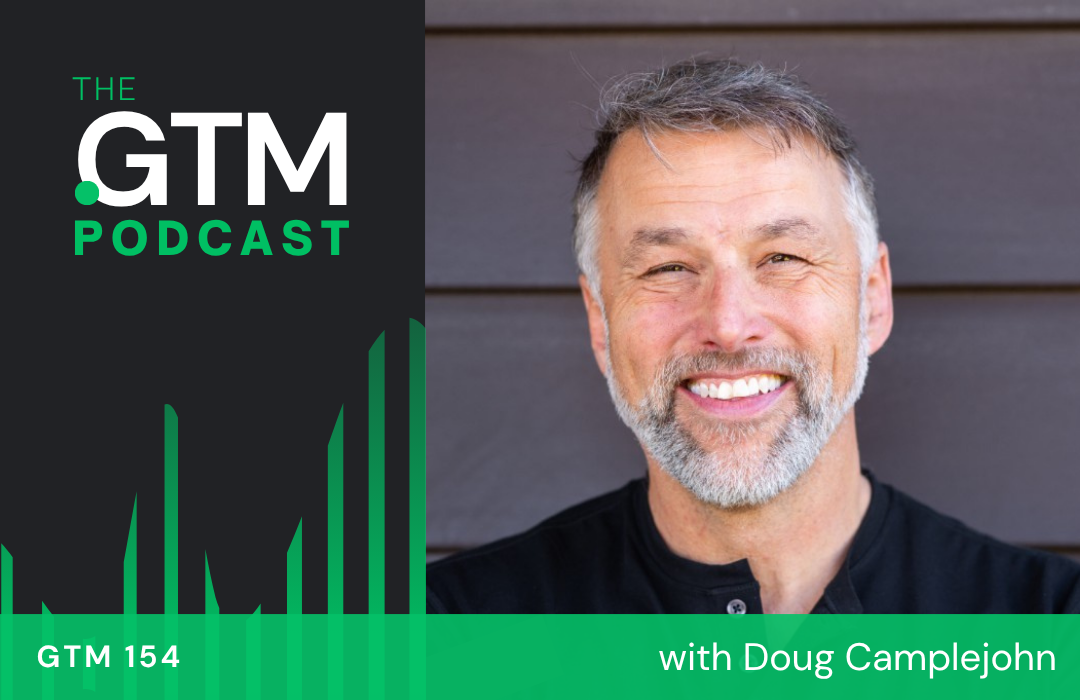Tune in to episode 13 of the Sales Hacker podcast with Dan Pink, WSJ and NYT best-selling author. We talk about the importance of time management in sales in the context of identifying the science behind how you operate every day.
If you missed episode 12, give it a listen here: Navigating a Career from a Unicorn to a Public Company
What You’ll Learn
- The science behind deciding when to do certain activities.
- How to structure your day to maximize output.
- How “morning” people and “evening” people should approach their daily activities for maximum output.
- Using science to understand when people are most open to a sales conversation.
- The secrets behind human motivation.
- Structuring compensation plans to spur better output.
Subscribe to the Sales Hacker Podcast
Show Agenda and Timestamps
3) Dan’s journey to being a best-selling author [3:58]
4) About “When: The Scientific Secrets of Perfect Timing” [8:08]
5) How hidden patterns in your day affect your decision-making [9:57]
6) How to use science to improve your sales conversations [20:20]
7) Understanding motivation and how to reward your sales force [29:40]
8) Quick-fire questions [38:50]
Sales Hacker Podcast—Sponsored by Aircall
Sam Jacobs: Hey, everybody. It’s Sam Jacobs!
Welcome to the Sales Hacker podcast. We’ve got an incredible episode with a world-famous author, Dan Pink. I’m so glad you’re listening.
This episode is sponsored by Aircall. Aircall is a platform to make every conversation count. They empower sales and support teams to ace every call with a phone system specifically built for their favorite business tools. Now, I happen to know the company pretty well. They’ve been growing quickly. One of the nice things about Aircall is they integrate directly with all of your customer support systems like Zendesk.
About Dank Pink: Baseball Card Stats
Sam Jacobs: Dan pink is our guest today. He’s the author of six provocative books, including his newest, “When: The Scientific Secrets of Perfect Timing”, which has spent four months on the New York Times Best Seller list.
His other books include the long-running New York Times best seller, “A Whole New Mind”, and the number one New York Times best sellers “Drive” and “To Sell Is Human”. His books have won multiple awards and have been translated into 37 languages! Welcome, Dan.
Dan Pink: Thank you for having me, Sam!
Dan’s Journey to Being a Best-Selling Author
Sam Jacobs: Tell us how you got into writing such interesting books and where the inspiration comes from.
Dan Pink: You could say I stumbled into it. I started my professional career in law but had little interest in practising law. Instead I started working in Politics which ultimately led me to become a speechwriter for Al Gore in 1995.
Later I realized I didn’t want to work in Politics but, write my own stuff. And so, around my early thirties, I started writing. 21 years later, I’ve written six books — driven by my own interests and trying to figure out what makes people tick.
All my books are around what people actually do at work and how they can do it better.
About “When: The Scientific Secrets of Perfect Timing”
Dan Pink: This book is about the science of timing and that’s really the main idea of the book. In this book I address what I find myself frustrated about often — how can I make better decisions about when to do things?
I was making the decisions in a very sloppy way and I wanted to make this more systematic. As someone who has studied Behavioral Science, I wondered if there was any research on this topic of when to do things.
It turns out there was and it was spread across many different fields. But, what I found fascinating was that most of our decisions are based on intuition and guesswork. Ideally, it should be based on the rich body of science, evidence, and data.
The book lays out:
- How the pattern of the day affect what we do and how we feel about it
- Why breaks matter
- How beginnings and endings affect us
- How to group-synchronize our time
The goal is to direct people into some very simple, practical, and tactical things they can do to make better decisions in their own life.
How Hidden Patterns in Your Day Affect Your Decision-Making
Sam Jacobs: As you mentioned earlier, the first part of the book talks about the hidden patterns of everyday life and when to make decisions. Talk us through that.
Dan Pink: I think one of the interesting things about this particular topic is that there is a field called Chronobiology, which is the study of our biological rhythms.
The pattern of the day has a profound effect on our mood and our performance. In the context of sales — whether it’s sales reps, VPs, or CROs — our cognitive abilities don’t remain the same throughout the day. Now, this change may be predictable or extreme.
What we can do is find a discernable pattern in our day to make certain types of decisions. To do this, you should know what chronotype you are — early bird/lark, owl, or somewhere in between.
How to Use Science to Improve Your Sales Conversations
Sam Jacobs: Based on your research and book, when would you say is the right time of the day to reach out to prospects?
Dan Pink: Research shows that people are most likely to overcome their default response which is a “No.” early in the day or right after breaks. In the case of a complex sales when you’re pitching with other vendors, your sequencing order matters too.
For example, when there are fewer pitches or when the competition is tough, it’s best to pitch first. This is called the “Primacy Effect”. But, when the evaluator does not know what they want, they tend to be hard on the first few pitches — in this case, it’s best to pitch later.
Understanding Motivation and How to Reward Your Sales Force
Sam Jacobs: When it comes to motivating people, what levers do you think are most effective?
Dan Pink: I’ve seen companies use a lot of different types of rewards to motivate their employees — especially in sales. What’s interesting to know is that when it comes to short-term, simple milestones, an if-then reward structure works best. But, when it comes to more complex deals or sales, what might be best to do is:
- Hire good salespeople
- Give them a healthy base salary
- Base the compensation plan on a few hard-to-gain metrics
Quick-Fire Questions
Book recommendations
Dan Pink: Quiet by Susan Cain, Build an A-Team by Whitney Johnson, The Culture Code by Daniel Coyle, New Power by Jeremy Heimans, and Blue Ocean Strategy by Chan Kim.
Sam’s Corner
Hello everybody, that was Dan Pink — a world-famous author. And this is Sam’s Corner. In addition to talking about his new book, he also spoke about motivation and how to tap into people’s motivation.
In this context, he also has a Ted Talk which speaks about autonomy, mastery, and purpose as the three drivers that motivate people. Purpose for me, comes down to context and how you can communicate back to your organization why you’re doing what you’re doing and how it relates to a broader goal.
This has been Sam’s Corner, thanks to Dan Pink for being a special guest! We look forward to more special guest in the future. Thank you for listening!
Don’t Miss Episode 14
To check out the show notes, see upcoming guests, and play more episodes from our incredible lineup of sales leaders, visit gtmnow.com/podcast-subscribe
You can also find the Sales Hacking podcast on iTunes or Stitcher. If you enjoyed this episode please give us a share on LinkedIn or Twitter.
Finally, a special thanks again to this month’s sponsor, Aircall. If you want to get in touch with me, find my social handles in my bio below.
I’ll see you next time!







